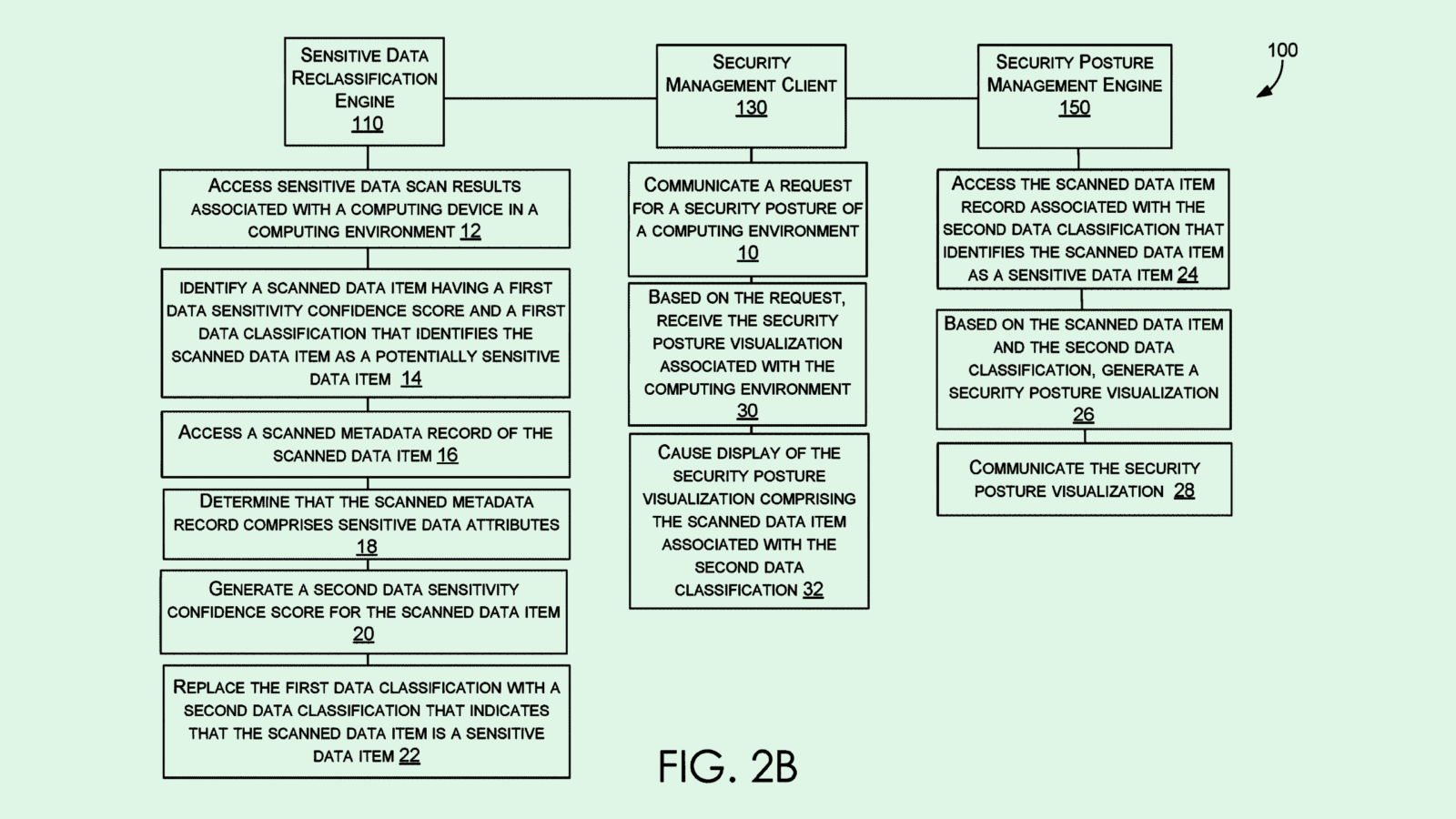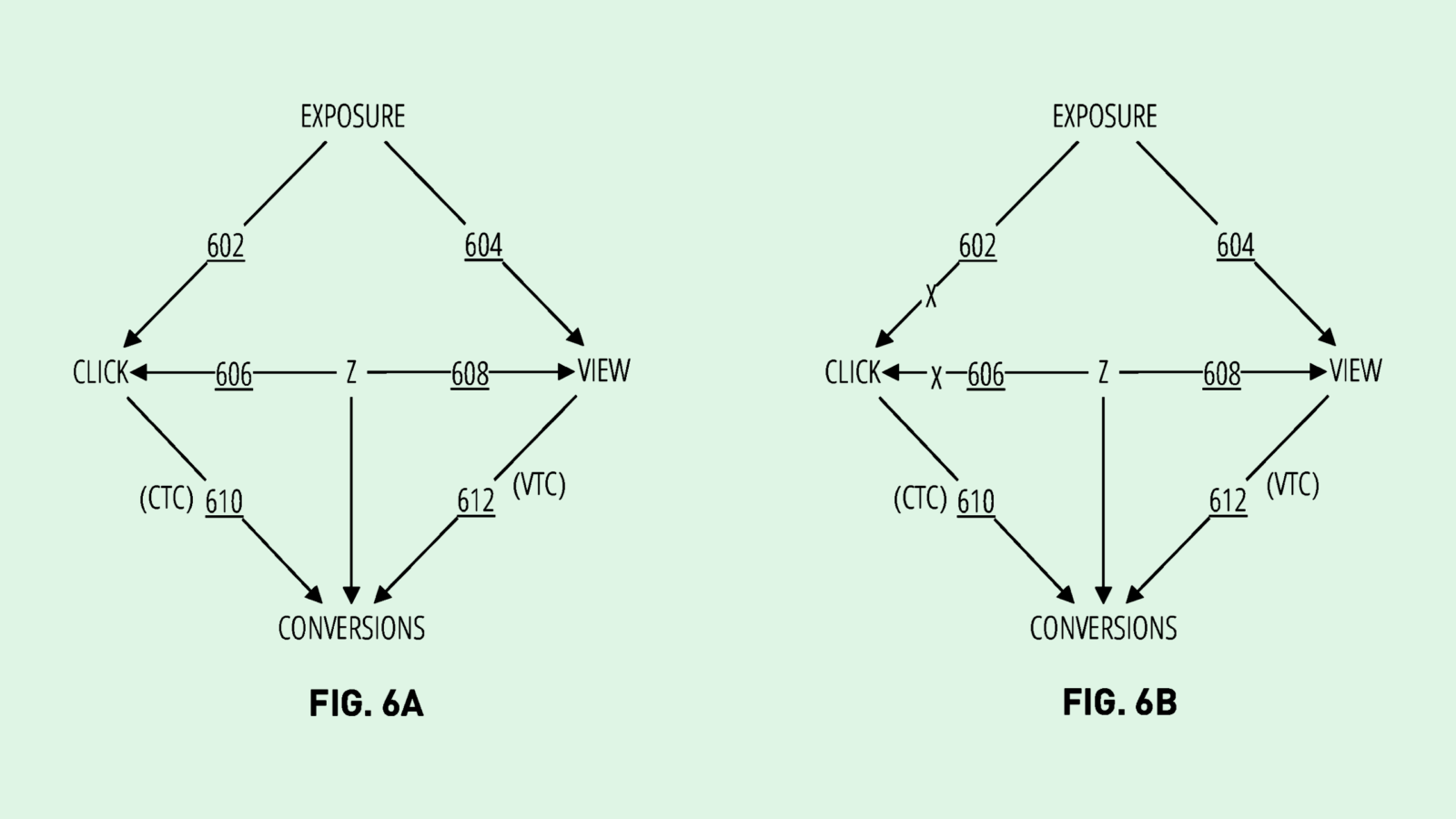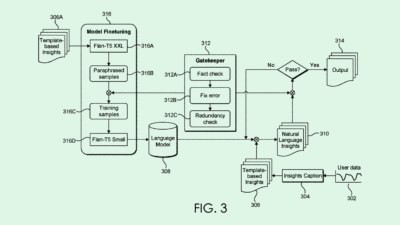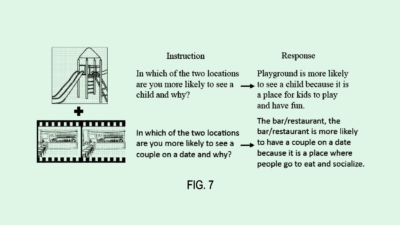Humane Patent Hides AI Pin From View
The critically panned device received backlash for a lot of functionality issues. Hardware packaging largely wasn’t one of them.
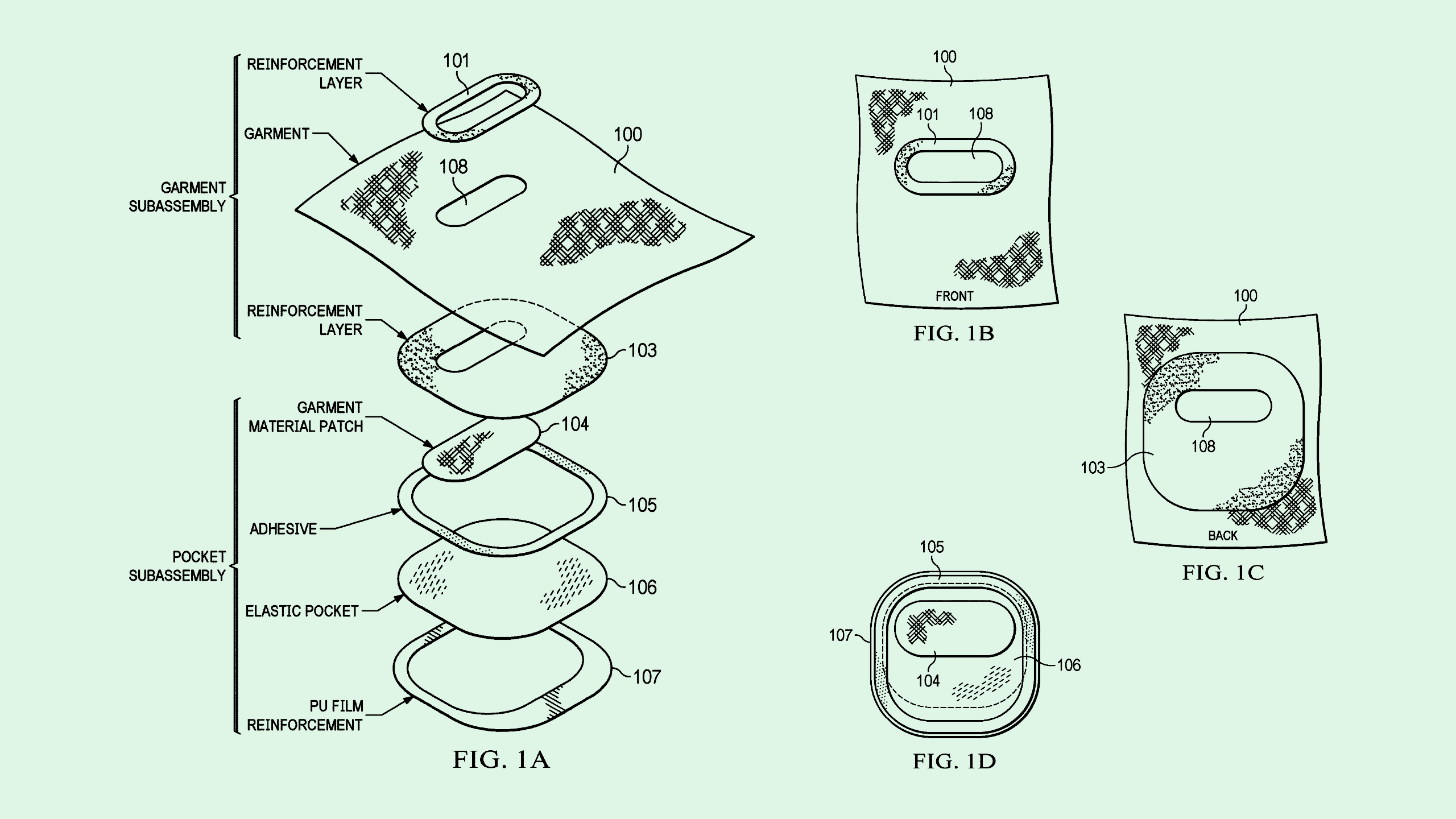
Sign up to uncover the latest in emerging technology.
Humane may be looking to give its AI Pin some fashion tips.
The startup filed a patent application for a “pocket assembly” that integrates the AI Pin, its critically panned $700 flagship device which debuted in November, into garments. This short and sweet patent describes a pocket that essentially hides the device from view while a user is wearing it, without obstructing its ability to function.
Concealing a device in a shirt or pants pocket for “practical or cosmetic purposes” generally interferes with its functionality, Humane said, “requires the user to remove the device from the pocket or accessory to interact with the device.”
This pocket would include a “lozenge-shaped cutout” where the device’s sensors, microphones and camera could peek through, as well as reinforcement layers to provide “stiffness” and prevent it from moving around or sagging. While the pin’s main touchpad is concealed, the pocket would allow for minimal “capacitive touch functionality” on certain parts of the device. The pocket’s elastic would also stretch to fit different sizes of devices.
The company noted that “adhesive” would secure this entire assembly together. However, It’s unclear whether or not you need amateur sewing capabilities to attach this pocket to your own clothes or if Humane plans on starting a fashion brand.
Humane spent years building up anticipation and excitement — and $230 million in funding from some of the biggest names in tech — for its first device. After five years, the company finally debuted this device: a sleek square pin, smaller than a post-it note, that users attached to their shirt.
Despite Humane’s grand ambitions that this device could replace a user’s phone, as reviews started to roll in, critics discovered more than a few issues with the futuristic pin. Many reported lags in responses, misunderstood inputs, and difficulty using the projection feature in sunlight.
Form factor, the hardware packaging of the device that this patent aims to conceal, didn’t often come up as an issue. In his controversial review of the device posted in April which received 7.6 million views, YouTuber Marques Brownlee called the hardware impressive. “You can tell that a lot of effort was put into the craftsmanship of this product,” Brownlee said. “It’s the best part of the pin, by a lot.”
But it may be up in the air whether future iterations of the AI Pin or a high-tech little pocket that goes along with it, ever see the light of day. The company is reportedly looking for a buyer following the flop of its debut device. According to Bloomberg, the company is seeking a price of between $750 million and $1 billion. Prior to launching the AI Pin, the company was valued at $850 million by investors last year.




